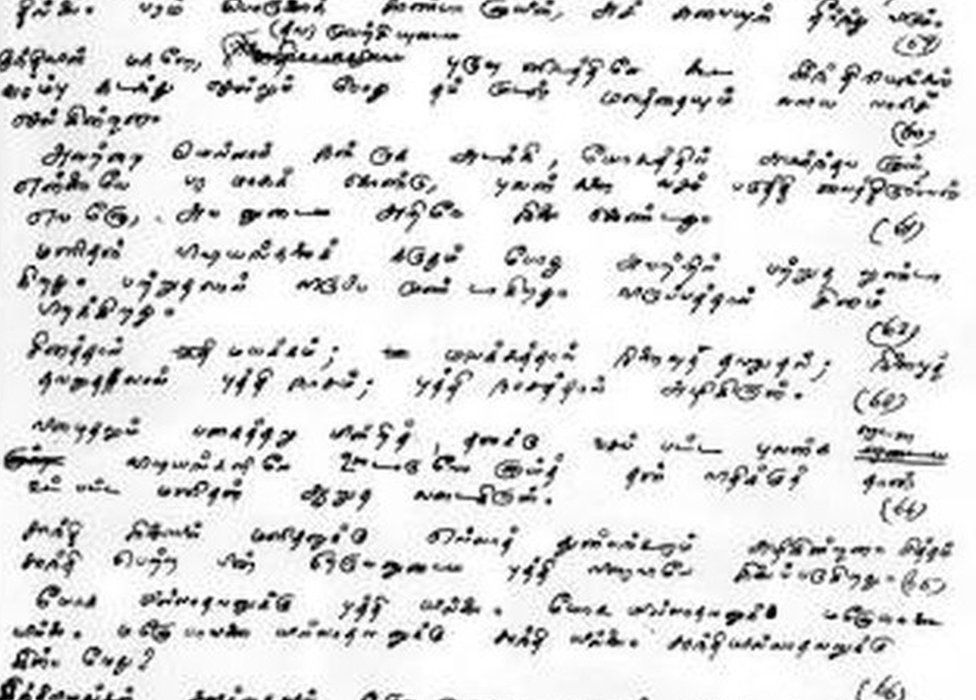


He was frequently thrown into prison as a result of his strong views against the British who were suppressing freedom fighters at the time.įrom religious hymns to inspiring nationalist anthems and poems shattering without hesitation every social taboo that was held close by conventional South Indians, Bharathi voiced his opinion without hesitation in a lyrical style that has not even been surpassed by literature that followed his period. He joined the Swadeshamitran, a Tamil daily as Assistant Editor and later on started his own Tamil weekly Bala Bharatham and also the English newspaper India. He also took an avid interest in the world of journalism and the print media of the West. By the early 1900s Bharathi had fully immersed himself in the nationalist rule and took an active part in the Congress gatherings throughout the country. After an early marriage Bharathi curious about the outside world travelled to Kasi in 1898, where the next four years led him discover a nation in tumult and misery under British rule. Taken from his poem Puthumai Penn (New Woman) the line evokes that "When we realize that man and woman are equal, this world will flourish with knowledge".īorn on December 11, 1882, in the Tamil village of Ettayapuram, Bharathi a Brahmin was recognized for his talent as a poet even at the age of 11. Women were not thought important enough to pursue studies, as their role was more as the dutiful wife at home.īharathi was first among the growing school of Renaissance poets during this period who insisted that the only way for a country to grow was through empowering its women. The mid 19th century was a time when the Indian woman had absolutely no rights and their relationship with their husbands were close to that of Master and Slave.


 0 kommentar(er)
0 kommentar(er)
